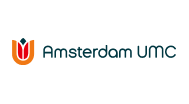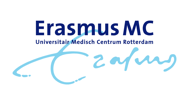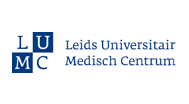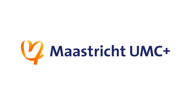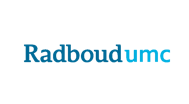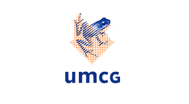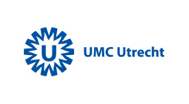Valorisation
Valorisation is another core task of umcs (as are providing complex care, carrying out research and providing education). The NFU works on this in a variety of ways.
What is valorisation exactly? It is the responsibility to make new scientific insights useful for society. Many Dutch people will never set foot in an umc. But society definitely wants to benefit from the results of the high-quality research of the umcs. They can help to keep us healthy, or ensure we get the best treatment if we do become ill.
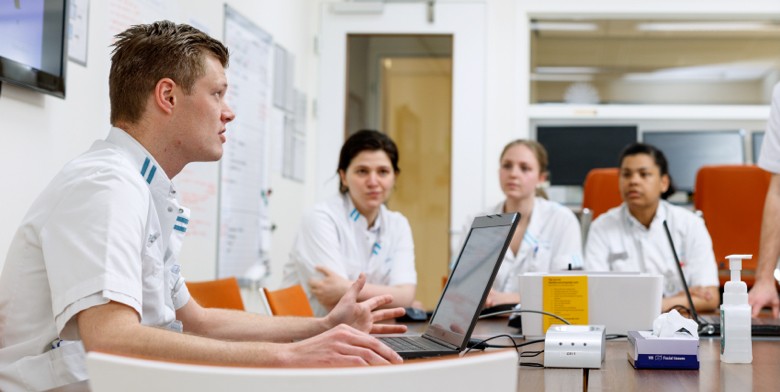
Knowledge & Technology Transfer
Umcs have the expertise to discover interesting findings and to support their employees in patenting them. All the activities in this field were designed in the umcs as Knowledge/Technology Transfer Offices (KTOs/TTOs), mostly in collaboration with the universities. Under the coordination of the NFU and Association of Universities (VSNU), the KTOs/TTOs meet on average four times a year to exchange best practices and work on their action plan. They are also involved in the Impact Festival and the Academic Startup Competition. Via the KTO consultation they maintain contact with stakeholders, such as ZonMw, NWO, KNAW, the Ministries of VWS, OCW and EZK and Techleap. They have also supported:
-
the Guidelines Dealing with Intellectual Property Rights (IPR) for Academic Start-ups (set up by the NFU, VSNU, KNAW and NWO) and the associated Addendum to the Set of Guidelines Dealing with IPR and Students;
-
the Principles for Public-Private Partnerships, by the NFU and VSNU.
Socially responsible licensing
It is important to translate the research results of umcs as quickly as possible into an application. For this purpose, umcs sometimes work together with commercial parties and grant licences to companies for a finding made by their researchers. In 2019, the NFU formulated ten principles for this socially responsible licensing in consultation with many partners.
To facilitate the use of Socially Responsible Licensing (MVL), the Ten Principles have been followed by an MVL toolkit for licensing contracts and a model for negotiations. The latter was created from the Future Affordable and Sustainable Therapies (FAST) initiative. The MVL toolkit and model are intended to make negotiations faster and more efficient by providing a common basis and a clear process.
An inventory has been made of how the Ten Principles of MVL are applied and how this is reported. The results of this are presented in a report. To provide insight into the context of the Ten Principles of MVL and the associated tools, a factsheet has been created.
We have created an overview of the process to create the SRL-toolkit from the Ten Principles for Socially Responsible Licensing:


